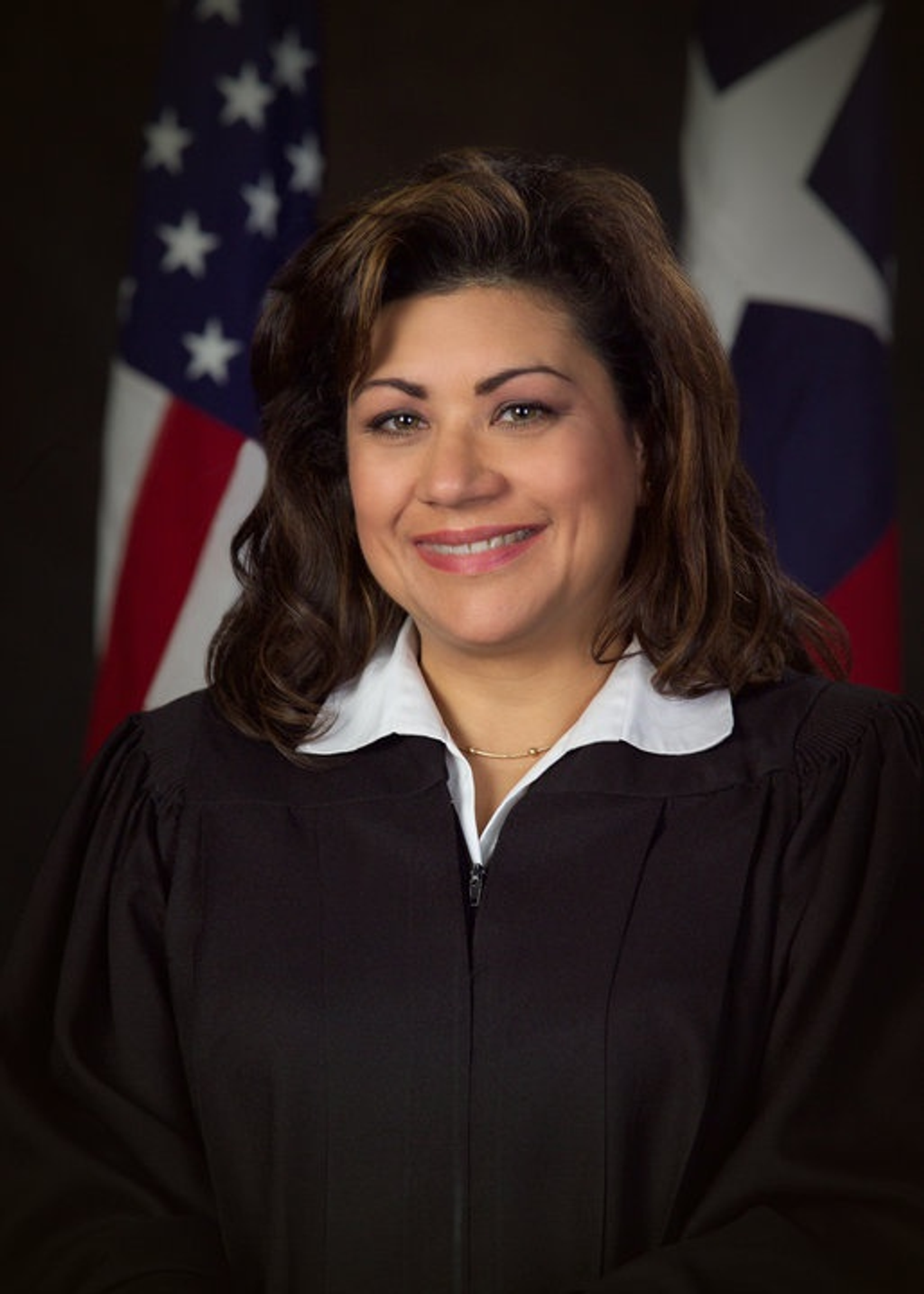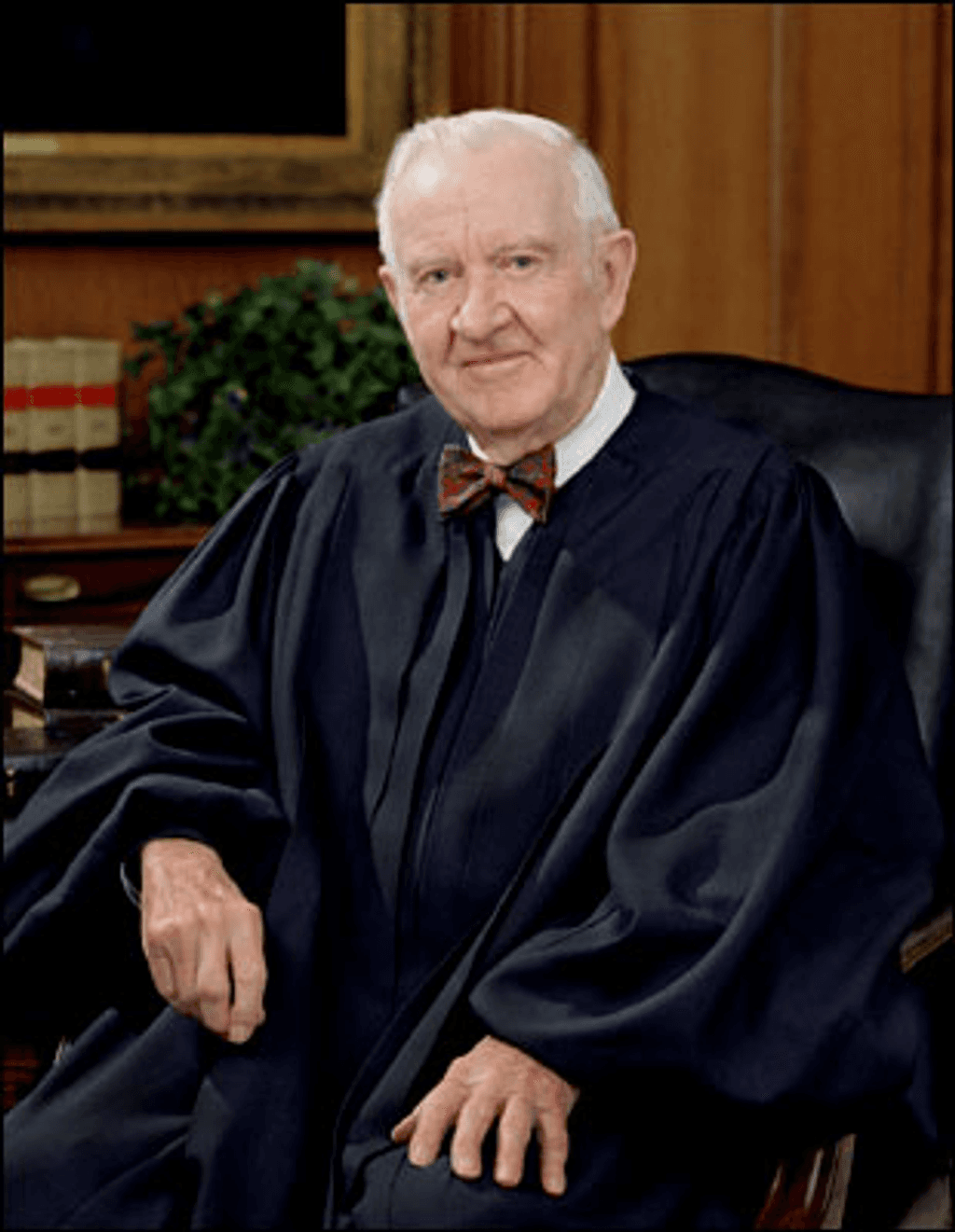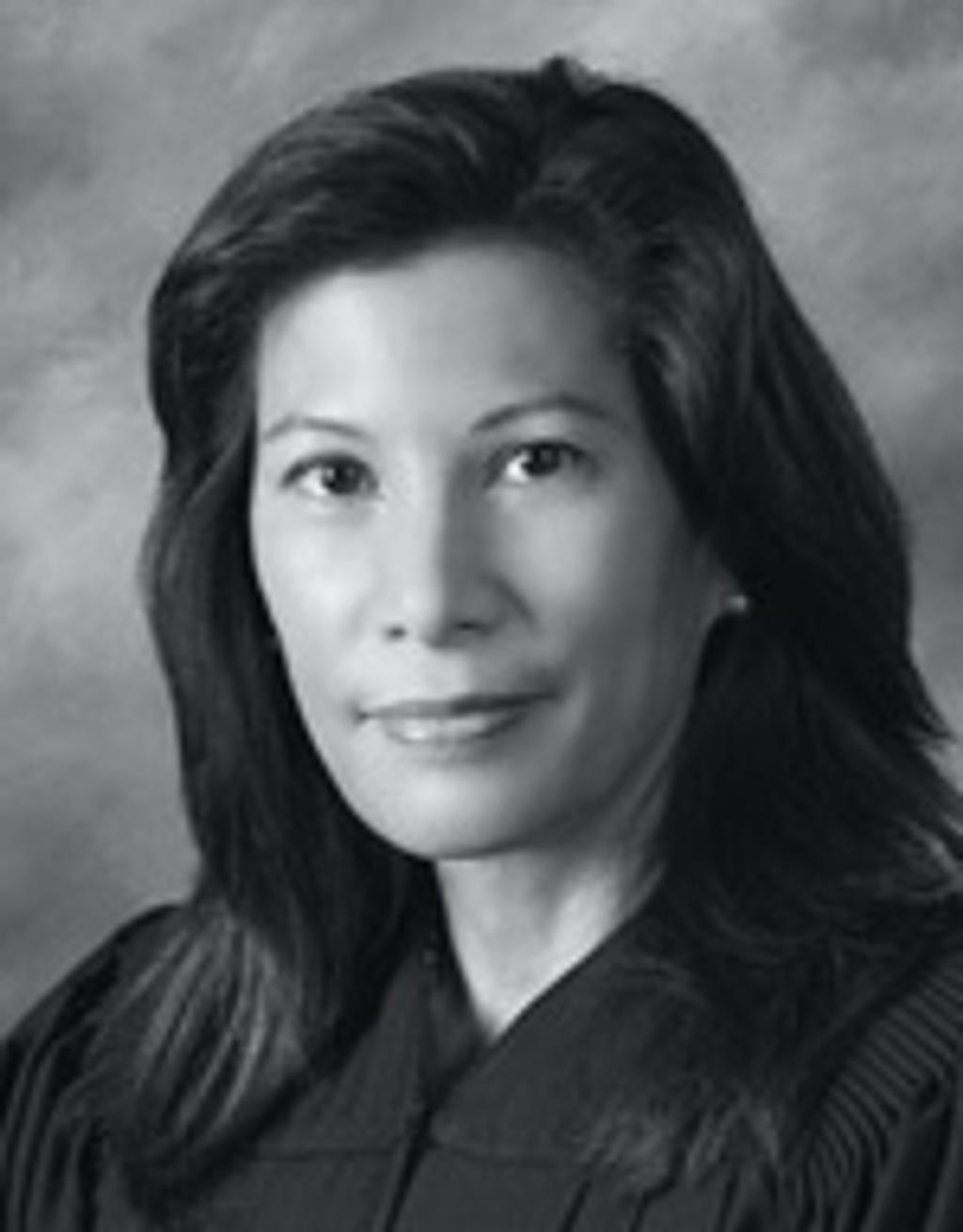
New Voices
Judges

Prior to her retirement as a Texas Court of Criminal Appeals judge, former prosecutor Elsa Alcala described the death penalty as unreliably and discriminatorily applied in the nation’s most aggressive capital punishment state. In a Houston Chronicle “Behind the Walls” podcast, Judge Alcala – who calls herself “a Republican hanging on by a thread” – told reporter Keri Blakinger, “I think we know enough right now to even call for a moratorium or just to pause all of this and to say, you know, ‘What is going on? Why does Texas have such a high percentage of people who get the death penalty and are executed as compared to the rest of the country?’”
Hired as a prosecutor by Harris County District Attorney Johnny Holmes, who gained notoriety as one of the nation’s deadliest prosecutors, Alcala spent nine years trying capital cases in the DA’s office of the country’s leading death-sentencing county. She then served as a county trial judge before being appointed by then-governor George W. Bush to serve on the state’s highest criminal court, the Texas Court of Criminal Appeals. As she was exposed to a range of problems in Texas death penalty cases, her views on the capital punishment evolved. She became a skeptic of capital punishment, often dissenting from denials of death-penalty relief and, in the case of Julius Murphy, called on the court to consider whether the state’s death penalty was constitutionally administered. When she left the bench, Judge Alcala accepted a policy role at the Texas Defender Service, where she will advocate for criminal justice reform. In an interview with the Texas Tribune, she joked, “[m]aybe I can have more success at the legislative level to get somebody to understand that there are some real true problems.”
In the podcast interview, Alcala cites a range of factors that changed her views about capital punishment. She discusses ineffective lawyers and parole laws that, at the beginning of her career, forced jurors to choose between a 15-year prison sentence and a death sentence for death-eligible defendants. “What do you do with these people who … got there back to in the 90s when we know for a fact that the lawyers were not doing what they should have been doing in my mind?” Alcala asked. “And then the question is, as they come up to be executed, are we going to continue to execute them and tolerate the fact that things were done imperfectly? … I think, still percolating through all of that is that a lot of those [cases] are subject to that old parole law.”
When asked about the decline of the death penalty in Texas, Alcala said, “It is on the decline significantly. Whether it will ever go away and when it will go away – I don’t know, I think it is imperfect. More accurately, I should say it is unreliable – I have lost faith in the reliability of the death penalty. And that is what underlies my involvement with the Texas Defender Service. It is: If you’re going to have the death penalty, then do it correctly. You know, give them a good trial lawyer, give them a good appellate lawyer, give them a good habeas lawyer at the state level, give them a good federal lawyer and don’t let racial prejudice at all influence anything that’s going on.” The death penalty, she said, “is just not reliable. It’s not something that I can say is being done the way that it should be done to give you confidence in it as a punishment form. … I think, why is Texas so out of line with the rest of the country? It can’t be that our people are worse, right? I mean, Texans are good people. Are our crimes worse than the rest of the country? I don’t think so. Are our people worse than the rest of the country? I don’t think so. So somehow we are out of line.”
(Keri Blakinger, Listen: Former Texas judge raises possibility of death penalty moratorium, Behind the Walls Podcast: Houston Chronicle, January 9, 2019; Jolie McCullough, Eight years on Texas’ highest criminal court turned Elsa Alcala into a death penalty skeptic. How will the court change without her?, Texas Tribune, Jan. 16, 2019.) See Arbitrariness, Representation, and Race.

In a discussion at the University of Florida Law School, former U.S. Supreme Court Justice John Paul Stevens said that recent research reveals that Texas almost certainly executed an innocent man in 1989. Stevens said:
Within the last year, Jim Liebman, who’s a professor at the Columbia Law School and was a former law clerk of mine, has written a book…called The Wrong Carlos…He has demonstrated, I think, beyond a shadow of a doubt that there is a Texas case in which they executed the wrong defendant, and that the person they executed did not in fact commit the crime for which he was punished. And I think it’s a sufficient argument against the death penalty…that society should not take the risk that that might happen again, because it’s intolerable to think that our government, for really not very powerful reasons, runs the risk of executing innocent people.
Prof. Liebman’s research showed that Carlos DeLuna’s case involved faulty eyewitness testimony and police failure to investigate an alternative suspect.
(T. Nashrulla, “Former Supreme Court Justice Confirms Texas Once Executed An Innocent Man,” Buzzfeed News, January 26, 2015; video of John Paul Stevens’ discussion, quote begins at 57:00).

The Chief Justice of California ‘s Supreme Court, Tani Cantil-Sakauye, called for a re-evaluation of the state’s death penalty system, saying the system is not working and “not effective.” In her first public comments on the issue since she became head of the the state’s highest court, Justice Cantil-Sakauye pointed to the present predicament for the state, saying the death penalty system needed “structural change, and we don’t have the money to create the kind of change that is needed.” The court system was forced to cut $200 million from its budget this year. When asked if she supported capital punishment, the former prosecutor appointed to the court by Governor Arnold Schwartzenegger, said, “I don’t know if the question is whether you believe in it anymore. I think the greater question is its effectiveness and given the choices we face in California, should we have a merit-based discussion on its effectiveness and costs?” She said the issue “really is up to the voters or to the Legislature,” asking whether the criminal justice system can “make better use of our resources.” The chief justice’s comments echoed those of her predecessor, Chief Justice Ronald M. George, also a former prosecutor, who called the state’s capital punishment system “dysfunctional.”
(M. Dolan, “California chief justice urges reevaluating death penalty,” Los Angeles Times, December 24, 2011.) A proposed 2012 ballot measure would replace California’s death penalty with a sentence of life without parole. See SAFECalifornia.org. See also California.

